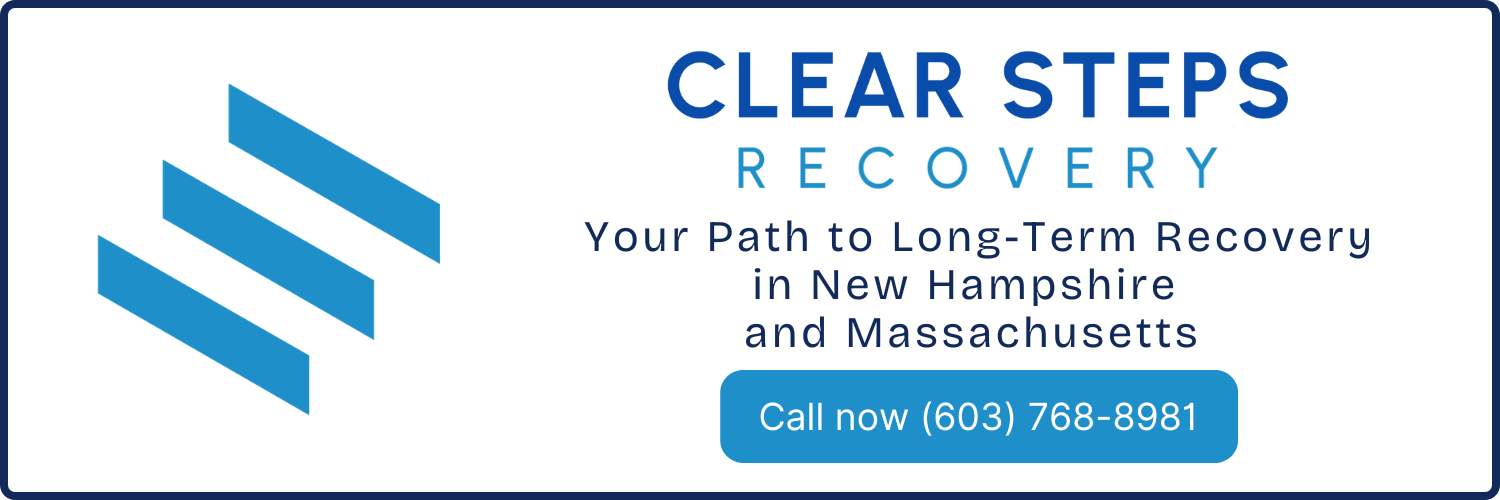Acceptance Is the Answer to All My Problems: The Importance of Acceptance in Recovery
July 31, 2025
Are you tired of fighting life’s challenges? Discover why acceptance is the answer to all your problems and a catalyst for lasting addiction recovery.
Acceptance. It is a single word that may carry a ton of meaning.
Maybe you craved acceptance from your parents, from your siblings, from a significant other, from a teacher, or a coach. And perhaps you turned to the wrong crowd of friends, or you used substances to escape the hurt in your heart.
Chances are acceptance — or the lack thereof — may have been one of the catalysts that led to your addiction.
Since the fuel for addiction could be linked to a lack of human connection, acceptance and forming relationships may be the key to healing and moving forward, no matter what your addiction may be.
Read further to understand the importance of acceptance in recovery, taking steps toward freedom from addiction, and regaining control of your life.
Table of Contents
- What Is Acceptance?
- The Importance of Acceptance in Recovery
- How Acceptance Is the Answer to All My Problems: 7 Key Components
- Take Your First Steps to Freedom With Clear Steps Recovery

Acceptance involves acknowledging and embracing the full range of your thoughts and emotions rather than attempting to avoid, deny, or alter them.
The act of embracing all aspects of yourself — including strengths and weaknesses — is important in the acceptance of self. It also involves recognizing your worth and potential, knowing that nobody is perfect and limitless.
What Are the Benefits of Acceptance?
By cultivating the mindset of acceptance, the benefits are positive and may include the following:
- Encourages individuals to recognize and accept challenging experiences
- Creates increased psychological flexibility
- Develops resilience in life
- Contributes to healthier relationships
- Supports individual emotional health
- Allows self-forgiveness
- Permits inner peace to develop
- Promotes the development of self-control, improved attitude, and better life choices
By developing the habit of acceptance rather than avoidance in recovery, individuals progress toward a healthier self image and will no longer have to wallow in the negativity of the past.
Acceptance does not negate the severity of addiction, but it can help you understand that addiction can be overcome.
Healing can be achieved by working through the process of acceptance. This might look like:
- Honest life appraisal
- Learning from mistakes
- Encouraging empathy
- Growing past guilt and anger
- Recognizing depressive symptoms
- Developing coping skills
- Opening your heart to the forgiveness of yourself or friends and family
- Applying difficult lessons you learned during addiction to your future life choices
- Boosting self-esteem
- Amplifying courage for recovery
If you or someone you love is struggling with a substance use disorder, Clear Steps Recovery can help by supporting clients in making meaningful life changes. Our evidence-based treatment programs provide the tools needed to address substance use and promote physical, mental, and emotional health.
Recovering is not just about quitting — it’s about rebuilding a healthier and happier future.

#1: Accepting Your Strengths and Weaknesses
We all have faults whether we would like to admit it or not. Not being perfect and accepting ourselves for who we are — including strengths and weaknesses — is not easy.
Understanding the potential “why” of your addiction allows a clear perspective to identify weaknesses and promote self-acceptance. Over time, you can develop stepping stones to conquer your weaknesses and transition them into strengths.
Steps to help you accept your strengths and weaknesses may include:
- Accepting your imperfections. Frequently remind yourself that expecting perfection from yourself or others is unrealistic, stressful, and unfair to all.
- Improving the areas you can improve. We are all a work in progress, and acknowledging the potential for growth in specific aspects of life are steps in a positive direction for long-lasting recovery.
- Becoming aware of your inner voice. Keep in mind that a critical inner voice may not be a reflection of reality but rather of insecurities and anxiety.
- Letting go of past mistakes so they do not ruin a promising future. Everyone deserves a clean slate — try not to allow your past to interfere with your future. Learn from every good or bad experience, and let those experiences help you make better choices in your life going forward in recovery.
- Building a support system. Keep people around who are your personal cheerleaders and fierce advocates for your recovery, including ones who understand that acceptance can be an answer to many problems.
#2: Accepting Others
Self-acceptance and the ability to look inward often result in greater acceptance of others and looking outward.
Accepting others also means not criticizing or trying to change individuals based on your own opinions or standards. By putting yourself in their shoes, you might better be able to understand their problems, perspectives, and struggles, even if they are vastly different from your own.
Coming alongside someone struggling with addiction rather than judging may be vital for their recovery.

#3: Practicing Forgiveness
Forgiveness is an action. It’s a conscious and purposeful decision to release ill feelings of resentment or hostility toward a person or persons that have harmed you — regardless of whether or not they deserve it or not.
Just as we sometimes need to forgive others for what has been done to us, you may need to purposely forgive yourself for past mistakes.
Let go of the shame.
Let go of the guilt.
Recognize that mistakes are a natural part of life and move forward.
Forgiving yourself squashes the undercurrent of negativity and allows healing, acceptance, and recovery efforts to flourish.
#4: Taking Personal Responsibility
Nobody forced you to take the first drink or use a substance for the first time. It was a choice, albeit a life-changing choice. Recovery, however, is possible, and taking personal responsibility for your actions is imperative.
Personal responsibility may look like the following:
- Accept responsibility or the consequences for behaviors and decisions, both in the past and present time.
- Understand that the impact of your choices may have had a significant and negative impact on your relationships, and repairing those relationships may take time.
- Use self-acceptance and responsibility as a foundation for positive personal development and growth.
#5: Keeping a Non-Judgmental Attitude
Remaining entirely judgement-free may be challenging, but it is important during recovery.
If you or someone you love is breaking free from addiction, it is imperative to provide non-judgemental support as much as possible. Keeping an optimistic outlook for recovery is critical. Non-judgmental support will go a long way instead of verbalizing criticism or doubt.
Mistakes and setbacks will happen. For the recovering addict, instead of focusing on the negative, practicing self-acceptance and positive self-talk is important to achieve and maintain sobriety.

#6: Respecting and Valuing Yourself
It will likely be difficult to make positive steps toward recovery if you do not respect and value your own life.
Make it a habit to treat yourself as you would treat your own best friend. Be kind to yourself when you make mistakes. Tell yourself that it is okay to make those mistakes or have minor setbacks as long as you learn from them.
#7: Practicing Self-Compassion
Practicing self-compassion usually does not come naturally to most people. Rather than negative self-talk, it involves responding to our own mistakes and failures with understanding and mercy, and learning from poor choices of the past.
Acknowledge that everyone has their own struggles and weaknesses. This mentality can promote connection with others and reduce the potential for isolation.
At Clear Steps Recovery in Massachusetts, we believe acceptance is the answer to all your problems in long-term recovery and wellness.
Choices of your past do not have to define your future.
Our staff understands that becoming sober is a major achievement, but we also acknowledge the weeks and the months following the end of treatment are just as critical. That is why Clear Steps Recovery also offers individualized aftercare programs designed for follow-up support.
If you or a loved one is struggling with addiction, the professionals at Clear Steps Recovery are here to help with comprehensive programs to achieve and maintain sobriety.
Call us today to learn more about our compassionate, personalized care and how we can support your recovery journey and freedom from addiction in Massachusetts.

The content in this blog is not intended to be a substitute for professional medical advice, diagnosis, or treatment. Always seek the advice of your physician or other qualified health provider with any questions you may have regarding a medical condition.
Learn About Clear Steps Recovery and How We Can Help You
Once you reach out to Clear Steps Recovery, your path becomes clear, and you can get the help and support you need to break the cycle of addiction. Our serene woodland environment promotes physical, mental, emotional, and spiritual healing.
Call today or contact us online to get started.
The Path Is Clear – Take Your First Steps Today with Clear Steps Recovery
With our team and your desire to heal, we can improve your quality of life and functional abilities, so you can get back to living your best life.































.jpg)


















.jpg)
.jpg)
















































